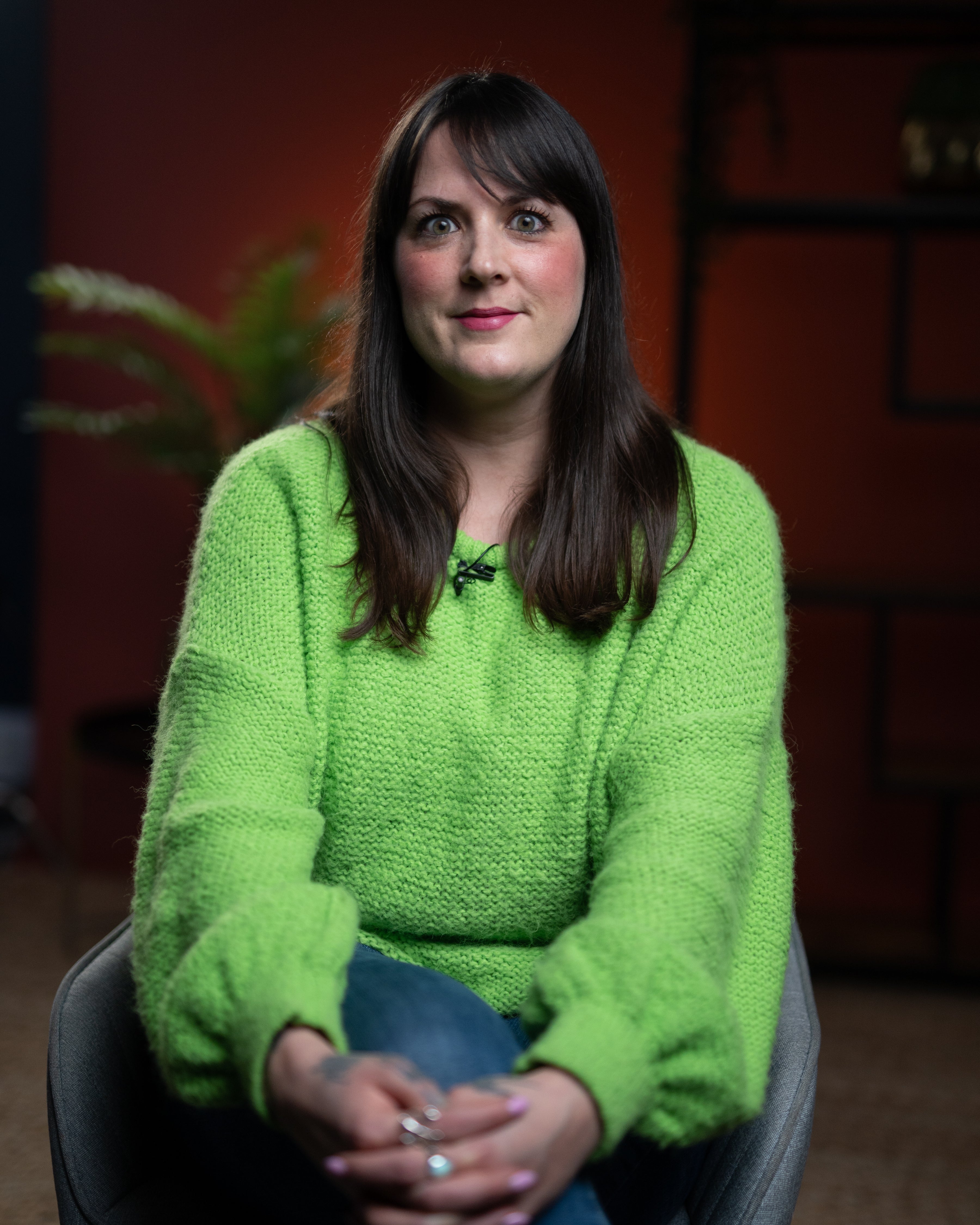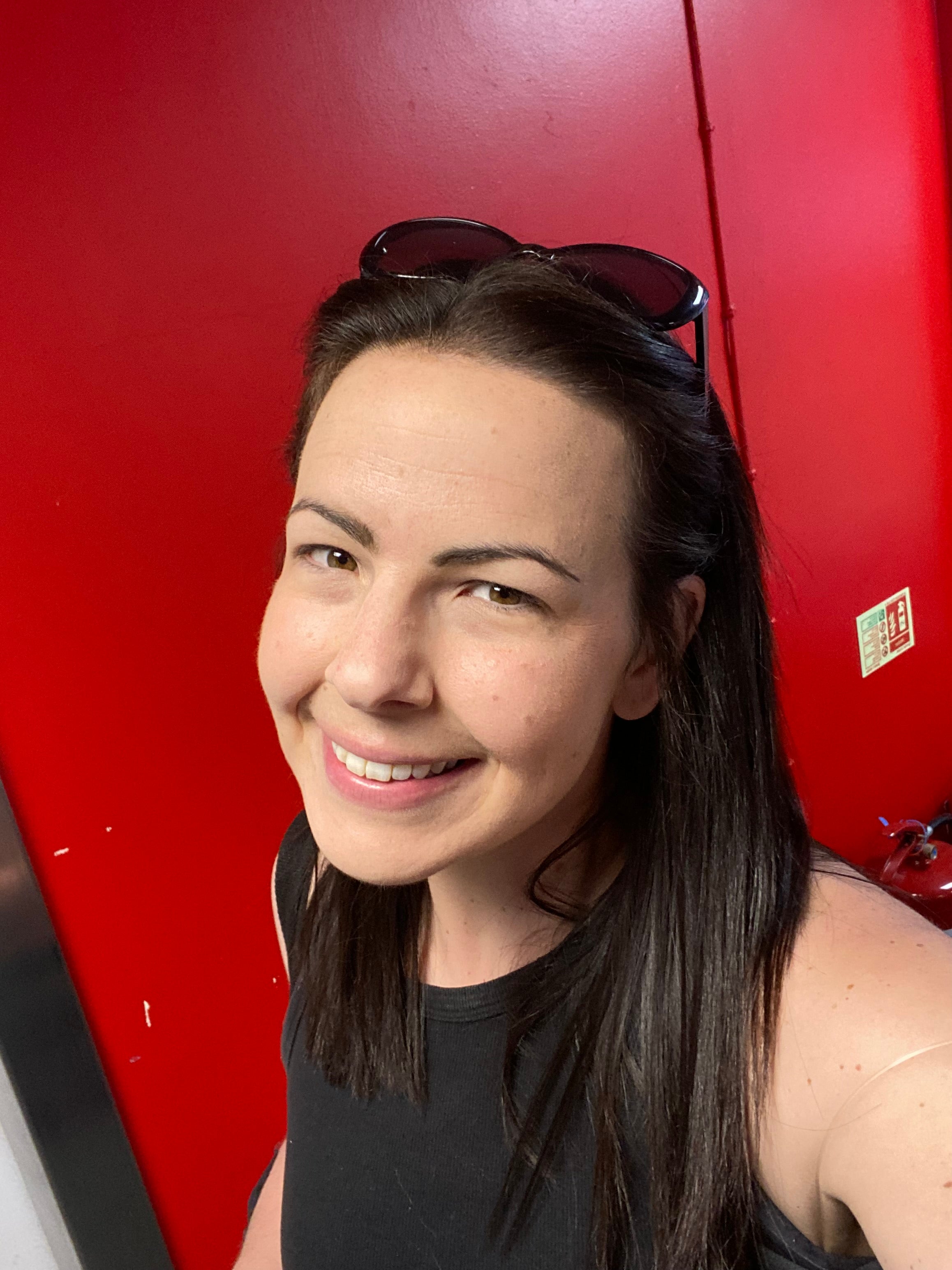
Postnatal depression (PND) affects an estimated one in ten women within a year of giving birth, according to the NHS.
It can also impact fathers and partners.
Despite how common PND is, it often goes undiscussed, leaving many struggling silently with feelings of guilt, shame, and confusion.
In recognition of Maternal Mental Health Awareness Week (May 5–11), we spoke with three mothers about their individual experiences with postnatal depression.
They shared their daily challenges, what they wish others knew about PND, and the paths they took to find support and begin their recovery journeys.
Mia Hodgkinson

Mia Hodgkinson, now 40, had her first and only child Raven in October 2023 and was diagnosed with postnatal depression shortly after.
“I live with bipolar so I already knew that hormonally and emotionally things might be a little bit tricky during pregnancy and afterwards, but my pregnancy was actually amazing up until I had a emergency C section after being overdue and then had quite a traumatic birth,” says the commercial PR specialist. “It was quite gradual and I thought what I was feeling was normal as a new mum, you know, sleeplessness and all of this kind of stuff.”
During this period, she began experiencing hallucinations.
“I developed a fear of bad things happening to me, my husband and my baby,” recollects Mia. “I was never worried that I would do anything to my baby, which is different to some other people’s experiences. I was very lucky to continue having a really good bond with my baby throughout, but my experience was more just feeling like a burden, like I wasn’t a good enough mum.
“At one point I even stored up quite a lot of breast milk in the freezer for my husband because I considered taking my own life.”
Almost two years later, Mia has recently finished EMDR trauma therapy sessions, which she says has significantly helped her.
“Through that process, I am better than ever,” says Mia. “It was just processing kind of the trauma of the birth and the things that happened afterwards, and those relationship breakdowns, and how I felt about myself, physically and mentally.
“I want other parents experiencing PND to remember that it’s not a sign of weakness, and it’s certainly not a sign that you’re a bad mum. It’s just something that happens but that there is light at the end of the tunnel.
“It will pass and there are lots of resources and people out there that can support to help you get better.”
Claire Mills

Claire Mills, founder of the pilates-meets-physio studio Core LDN, faced complications during childbirth in 2018 that meant she couldn’t hold her firstborn, Arlo, for the first three days of his life. And once they were home, the reality of life with a newborn was nothing like she had expected.
“I was very anxious when I was left on my own with him,” recollects the 38-year-old physiotherapist. “I was quite snappy and I’d kind of fly off the handle a bit.
“I didn’t really want to interact with other people initially. I don’t know if it was just protecting myself from having to talk about everything, or if I just didn’t really have the desire to socialise.”
Claire was initially referred to a counsellor following the traumatic birth, but when she saw no improvement, her husband pushed for further support and she was eventually referred to a perinatal mental health team and a psychologist.
“That was definitely the start of me feeling better, but I didn’t really feel the love for him [Arlo] for at least a year to 18 months,” reflects Claire, “I had quite a lot of issues with bonding with him and I think that kind of drove the depression side of things more than the trauma did because you feel like you should want to love this baby and should want to spend every second with them but actually that was not what I wanted to do.”
The physiotherapist describes the psychologist’s support as “life-changing” and credits exercise as another key part of her recovery journey. “Going for a walk, doing classes and just moving took my mind off things and lifted my mood,” says Claire.
She urges new parents experiencing similar feelings to speak up and reach out for support. “You don’t have to have undergone a traumatic birth to experience PND, anyone can get it and it’s not anything you’ve done wrong,” emphasises Claire. “The best thing to do is to talk and seek help earlier rather than later.”
Naomi Durham

When Naomi Durham, now 33, gave birth prematurely to her second daughter in 2020, health visitors checking in on the baby noticed something was different about her.
“I didn’t ever struggle bonding with her, but I just felt like complete apathy,” explains the student children’s nurse. “I felt disconnected from everything, and I didn’t really care about myself.
“I had separated from my husband and was trying to manage everything as a single parent to a baby and a toddler while dealing with type 1 diabetes. I found it challenging to take care of myself. As a very private person, I always portrayed a perfect image, so nobody realised I needed help.”
Eight weeks after giving birth, Naomi was prescribed antidepressants but wasn’t until her daughter was 14 months old that the mum-of-two was finally referred to a mental health team and began weekly one-to-one sessions with a Home-Start volunteer.
“We would just go for a walk and just knowing that somebody would listen like that was really important because so many times people have been like, there’s nothing wrong with you,” says Naomi. “I also did some wellbeing workshops with other single parents which was really valuable.
“It helped me feel like I wasn’t alone, and knowing that other people had got through it helped me feel like there’s no reason that I couldn’t.
“People always ask how is the baby, but I think it’s really important to check in on mum and be there physically and emotionally for them.”
The PANDAS Foundation offers a WhatsApp support service for pre- and postnatal mental health. Text 07903 508334 to speak with a trained volunteer, available daily from 8am to 10pm (except bank holidays).
After the BBC’s baby pouch investigation, Annabel Karmel shares tips for feeding kids
Patients blamed for ‘faking’ symptoms of underdiagnosed brain disorder
There are specific brain cells that enable intelligent behaviour, scientists say
What are the symptoms of measles and how long does the vaccine last?
‘Life-changing’ results for children with severe epilepsy in pioneering drug trial
Girl, 5, who struggled to laugh diagnosed with rare brain tumour







